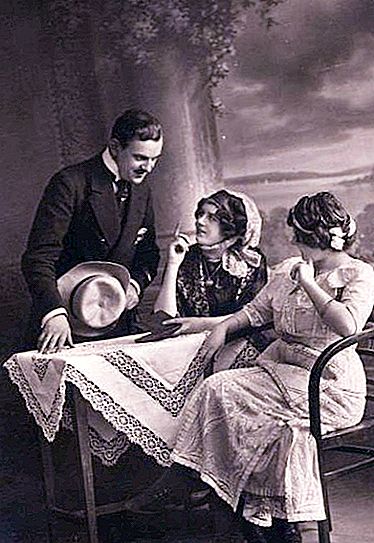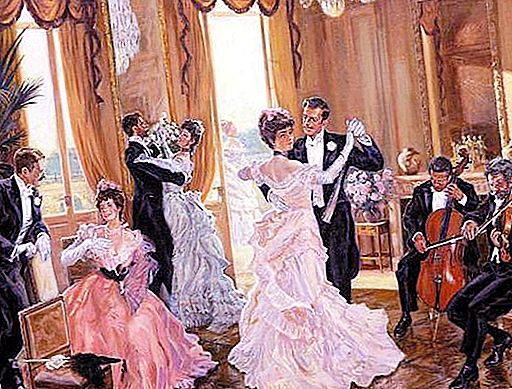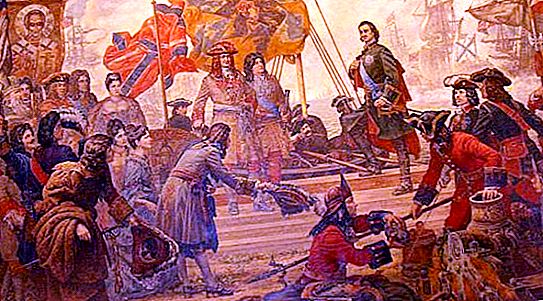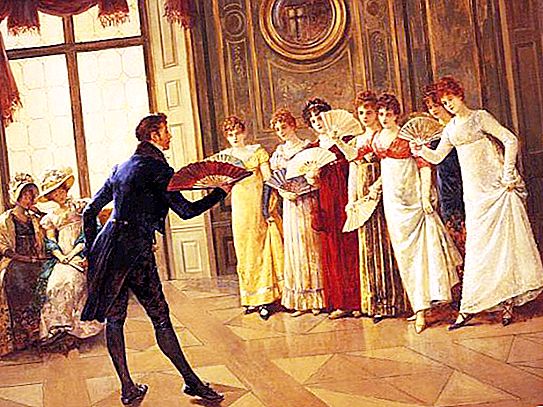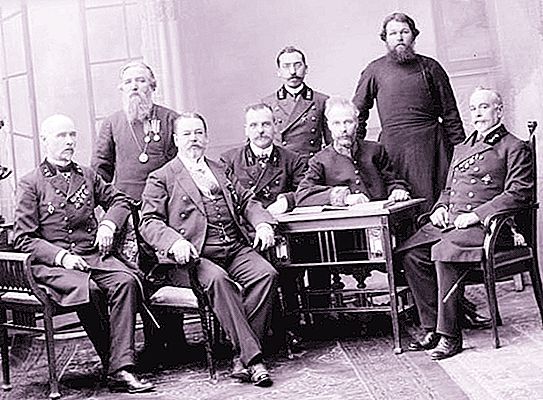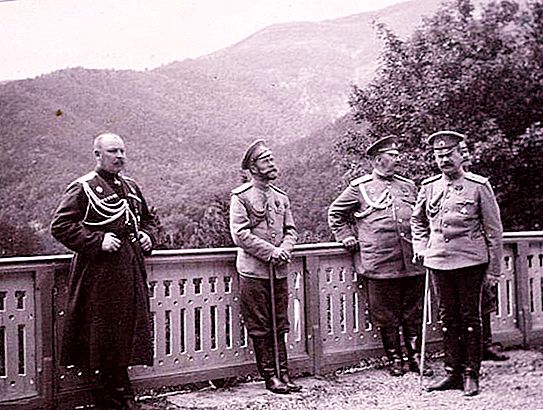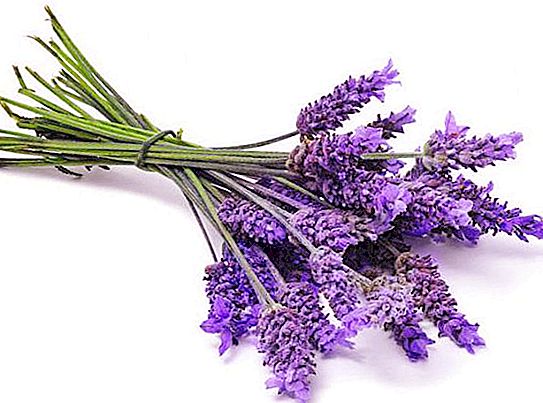Speech etiquette is intended both to prevent disrespect for the interlocutor and to emphasize the importance of each participant in society in general and in a specific conversation in particular. Therefore, today strict requirements in this area are presented only during socially significant conversations - diplomatic or business meetings. What can not be said about the past.
Earlier, equality of Russians at the legislative level was not discussed - until the 1917 revolution in the country, the nobility and clergy enjoyed privileges. Therefore, the form of appeal or naming of a person meant more - it immediately indicated who he was and what requirements he could make to others.
What forms of treatment are known? What can history tell about them? Although the forms of titling have long become obsolete, some echoes of those times are still audible, you can even say more - they are still there, only modified. Let's discuss this issue in more detail.
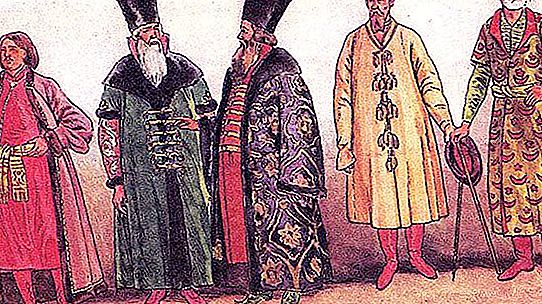
From the top
Forms of polite treatment were primarily linked with titles indicating the degree of importance of a person in the hierarchy of the nobility. It is clear that the strictest attitude was towards the monarch’s title. For the use of the official monarchical title, as well as words such as “king”, “emperor” not for its intended purpose, the most severe punishment.
Naturally, there were forms of title in the Russian Empire of varying degrees of formality. Many titles were used in the plural: Your Imperial Majesty (the current monarch, his wife or the Dowager Empress), Your Imperial Highness (persons from among the Grand Dukes, Princesses and Princesses). You may notice that such appeals do not distinguish between men and women, naming everyone in the middle gender.
It was to the monarch himself that it was customary to refer to him as the “Most Gracious Sovereign”, and to the Grand Dukes as the “Gracious Sovereigns” (exactly so, with a capital letter!). Even relatives in some kind of formal setting should adhere to this rule.
First estate
In Russia there was no such a clear design of class division, as, say, in France, but this does not mean that it did not exist. And church representatives were officially revered higher than secular authorities. This is evidenced by the fact that if a nobleman held a church position, his church title should be mentioned first, and then the secular nobleman.
Here, a plural form was also used - “Yours” and then the title is more likely of a secondary kind, although women are not allowed to lead the church. Unlike royal or noble, church ranks are still used officially when naming church leaders, as well as during services and church events. The following words are supposed to be used: “Holiness” (in relation to the patriarch), “Eminence” (archbishop or metropolitan), “Eminence” (bishop), “High Reverend (Father Superior, Archpriest, Archimandrite), “ Rev. ”(Hieromonk,
The priests of a very high rank practically did not manage to appeal to the laity. At the everyday level, a respectful and kindred "father", "holy father" was considered a polite appeal to a spiritual person.
Princes and Counts
This part of the etiquette of circulation in our time is needed only to understand the meaning of written in historical documents and classical literature, as well as to participate in theatrical "noble meetings". But in a society where nobles were the "main nerve of the state" (Cardinal Richelieu said this, but the Russian Empire interpreted the issue in the same way), the nobility and significance of the nobleman could not be hushed up.
Any nobleman in Russia was “Your Honor”. So one could turn to a stranger, whose appearance makes it clear that he is a nobleman, but the degree of his nobility is not obvious. He had the right to correct the interlocutor, indicating the correct title, and the interlocutor was obliged to apologize and correct.
The nobles with the title (counts, princes, barons) were called "Your Grace." Just "prince" should be called noble foreigners (most often immigrants from Muslims). “Your Graces” were distant relatives of the imperial house. Also, the right to be titled “Your Grace” or “Your Grace” could be obtained as a reward. “Your Highness” was required to name the distant descendant of the emperor in a straight line.
Sovereigns without a state
But the word "sovereign", usually perceived as an indication of a monarch, was used in Russia without officialdom. They simply designated him as a person of "respectable" origin and used him as a polite treatment in an informal and semi-official setting. Officially, the form of such an appeal sounded like a “gracious sovereign”, but soon a simplified form “sir” appeared. She replaced many possible options: "master", "master", "noble or respected person."
It should be noted that only representatives of affluent classes were puzzled by such politeness and only in relation to their own kind. No one demanded special courtesy in dealing with workers and the peasantry. This does not mean that they were always rude - the Russian upper classes for the most part were sufficiently educated. But no one considered it offensive to call an unfamiliar peasant a "peasant" (including the peasant himself). To the cab driver, servant, or unfamiliar, obscure (obviously) tradesman was addressed by the “dearest” or “most gracious”. It was a very polite form.
To write with a patronymic. Where does this tradition come from?
The tradition of naming a person by name and patronymic also belongs to the noble environment. In pre-Petrine times, this was only done in relation to the boyars, the nobles were called by their full name and surname (A. Tolstoy had “Mikhail I Tyrtov” in Peter the Great), and the nobleman was called a diminutive name (Ivashka Brovkin there). But Peter transferred this approach to all cases of respectful mention of a person.
Men were addressed more often by name and patronymic than by the fair sex - often both children of fathers and husbands called so (in classical literature you can find many examples). There were frequent cases of conversion, and even more so, naming simply by last name - this again can be seen in classical literary samples (what was the name of Raskolnikov? And Pechorin?). An appeal to a respected man by name was permissible only in the family circle or among his closest trusted friends.
The use of name and patronymic is one of the few old traditions that have survived in the etiquette of our days. A dear Russian is called without a middle name only during international meetings out of respect for the traditions of other peoples, in whose language the concept of "middle name" is absent.
Table of Ranks entry
Peter I introduced not only the use of patronymics - in 1722 he introduced such a document as the “Table of Ranks”, which clearly built a hierarchy of state and military service in Russia. Since the purpose of the innovation was just to provide an opportunity for a non-talented, but talented people to make a career, often quite high ranks were achieved by persons of the noble rank. On this account there were provisions on the right to personal and hereditary nobility of service, but they often changed, and in the century it was such that a person of raznochinsky origin could have a rather high rank.
Therefore, along with the nobility, there was official title. If an important position was occupied by a nobleman, he should apply to him according to his noble law, but if he was a non-official, he should be called upon for service. The same thing happened if the high ranks were served by a little noble nobleman. At the same time, the title of length of service also extended to the spouse of the official - she should be approached in the same way as her husband.
Officer Honor
At the same time, the military were quoted highest on the timesheet. Therefore, even the youngest officers of the Russian army were “Your Honor”, that is, they enjoyed the right to noble treatment. Moreover, it was easier for them than the civil servants to serve the hereditary nobility (for some time it immediately became the property of an officer).
In general, the rules were as follows: employees prior to the ninth grade of military, court and civil service should be called “Your Honor”, from VIII to VI - “Your High Honor”, V - “Your Highness”. The title of the highest ranks clearly indicated that among them should be represented not just nobles, but “especially high-quality” - “Your Excellency” (IV-III) and “Your Excellency (II-I).
Not in any sphere it was possible to become "excellence" - the highest class of the rank-table was absent among dragoons, Cossacks, in the guard and in the court service. On the other hand, the Navy did not have a lower, XIV class. Depending on the type of service, other steps could be skipped.
Lieutenant Golitsyn
Among the officers, custom and appeals to each other by rank were widespread. When addressing in a more or less official setting, as well as a junior in rank, the word “master” should be added. But the officers called each other by rank and in an informal setting. This was acceptable and polite for civilians. The officers had epaulets and other insignia, so it was relatively easy to understand who was in front of you. So almost anyone could call an unfamiliar officer “lieutenant” or “Mr. Staff Captain”.
The soldier was obliged to call the commander "noble", responding with statutory phrases. This was the most common form of courtesy. Sometimes, in a relatively informal setting (for example, reporting on the situation on the position), the lower rank could appeal to the commander by rank, adding “lord”. But often it was necessary to “blur out” an official appeal to a man as quickly as possible, and even according to the charter loudly. As a result, we got the well-known "your brod", "your skoroshid". To the credit of Russian officers and generals, they rarely took offense at such soldierly "pearls." The rude treatment of the lower ranks was not approved among the officers. Although a soldier in the Russian army was officially subjected to corporal punishment in the middle of the 19th century, and even during the First World Scuffle by officers it was not considered a crime, yet it was considered quite bad form. For the officer there was no firm rule on how to address the soldiers, but the majority called them "brothers", "servicemen" - that is, familiarly, downward, but benevolently.
Not always in uniform
Although Russian officials also wore uniforms, still they appeared in them somewhat less often than officers. Therefore, it was not always possible to determine the class of an unfamiliar employee. In this case, it was possible to turn to the person “gracious sovereign” - he was suitable for almost everyone.
If the official introduced himself or was in his uniform, to make a mistake with the title was considered an insult.
Less masters
But the appeal "gentleman" in a good Russian society was not too common. Yes, it was used, but usually as an addition to the surname ("Mr. Iskariot"), rank ("Mr. General"), or rank ("Mr. State Counselor"). Without this, the word could take on an ironic connotation: "Mr. good." Only the servant used this appeal widely: “What do the gentlemen want?” But this applies to servants in public places (hotels, restaurants); at home, the owners themselves determined how servants should contact them.
The word "master" at the end of the 19th century was generally considered bad form - it was believed that only the riders of their riders, any of them, would use that name.
In personal contacts between good friends many words and expressions were emphasized, emphasizing sympathy: “my soul”, “dearest”, “my friend”. If such appeals suddenly changed to the appeal "gracious sovereign", this indicated that the relationship deteriorated.

